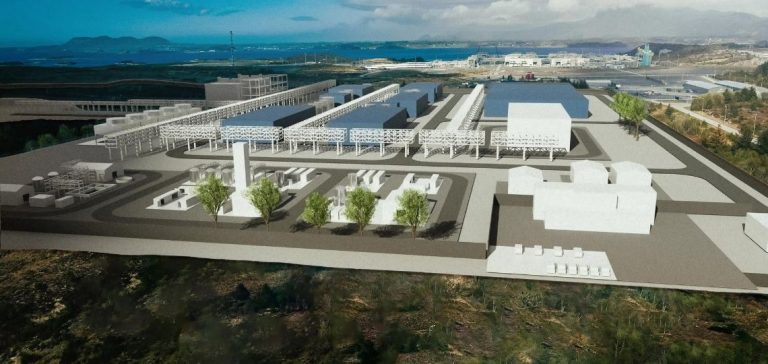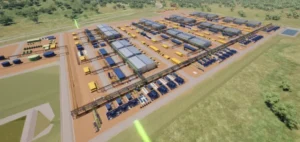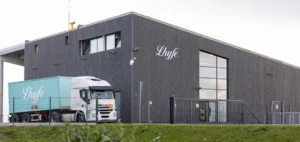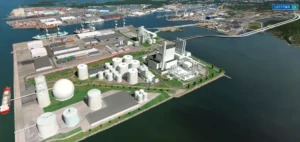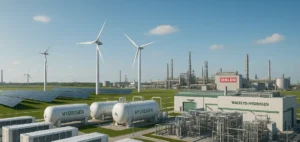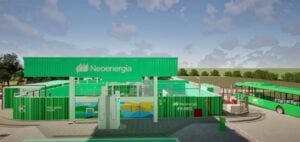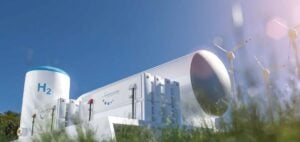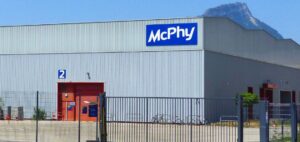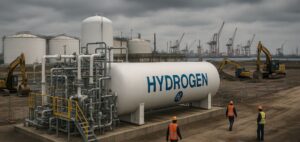Shell is pulling the plug on its blue hydrogen project in Aukra, on the west coast of Norway.
The project, which aimed to produce 1,200 tonnes of blue hydrogen per day by 2030, was based on a combination of natural gas and carbon capture and storage (CCS).
This process would reduce CO2 emissions while exploiting existing fossil resources.
However, despite its potential, lack of demand and the high costs associated with developing this technology led to the project being abandoned.
The initiative, which was part of Shell’s efforts to support the decarbonization of European industrial sectors, was primarily aimed at supplying hydrogen to heavy industries, notably in Germany and Norway.
The withdrawal of this project comes shortly after a similar decision by Equinor, another major energy player in Norway, which abandoned its own blue hydrogen project for similar reasons.
These successive abandonments raise questions about the market’s ability to support low-carbon energy solutions, despite growing pressure to reduce greenhouse gas emissions.
Blue hydrogen: costs too high for an unestablished market
Blue hydrogen, seen as a transitional alternative towards a low-carbon economy, is based on the use of natural gas with CCS technology to limit CO2 emissions.
However, this technology remains costly, both in terms of infrastructure and operation.
The investments required to make blue hydrogen competitive with traditional or even green hydrogen (produced from renewable sources) are considerable.
For Shell, the profitability of its project depended on the growing demand for hydrogen, particularly in heavy industrial sectors, which are often difficult to decarbonize by other means.
However, despite talk of hydrogen adoption in several European countries, demand for blue hydrogen has not reached a sufficient level to justify such investments.
As a result, Shell has decided not to renew its partnership with Aker Horizons and CapeOmega, initially set up to develop the Aukra project.
Europe’s hydrogen strategy remains uncertain
The development of hydrogen in Europe, whether blue or green, is at the heart of the European Union’s decarbonization policies.
In particular, the EU has set ambitious targets for reducing greenhouse gas emissions by 2050, which implies a profound transformation of energy, industrial and transport systems.
Nevertheless, the costs associated with producing clean hydrogen, whether from renewable sources or from CCS technologies, are holding back mass deployment of this technology.
Blue hydrogen projects, such as those envisaged by Shell and Equinor, require heavy and costly infrastructures.
Carbon capture and storage, while technically feasible, adds considerably to the cost of hydrogen production.
This makes it difficult for this technology to compete with traditional solutions.
In addition, the uncertainties associated with the creation of a European hydrogen market, particularly for cross-border projects, further complicate the economic viability of such projects.
Hydrogen’s uncertain role in decarbonization
Shell and Equinor’s decision to withdraw from these projects illustrates the major challenges facing the hydrogen industry.
Although hydrogen has been touted as a key solution for decarbonizing sectors such as steel production, chemicals and transportation, the infrastructure required for its development is not yet in place, and costs remain a major brake.
In Norway, where the government has supported several hydrogen initiatives, Shell and Equinor’s decision is a major setback for the country’s ambitions to become a leader in this technology.
The future of hydrogen in Europe will largely depend on the ability of governments and industries to create a favorable regulatory and economic framework for its development.
Public incentives, in the form of subsidies or carbon credits, could help overcome financial obstacles.
However, the question of demand remains central: without a stable and sufficiently large market for hydrogen, companies will be reluctant to invest in costly and uncertain technologies.

